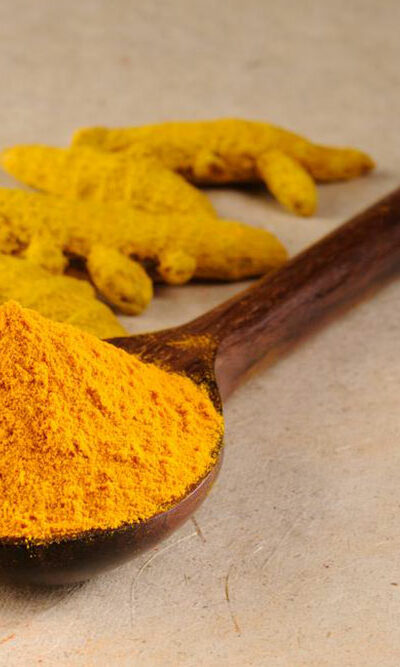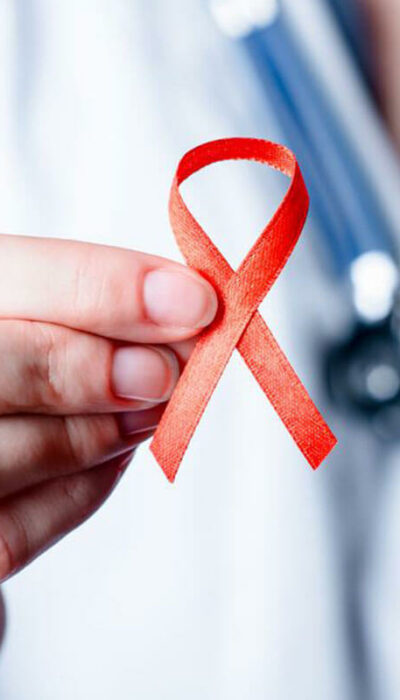
Top Natural Thyroid Supplements in the Market
Natural thyroid supplements help combat a poorly functioning thyroid, which leads to a host of problems ranging from fatigue, weight gain and hair loss, to memory issues. It is important that you get your thyroid levels checked when suffering from these problems so that proper treatment can be started. Here are some effective natural thyroid supplements: One Body Thyroid Support An efficiently functioning thyroid, immune system as well as metabolism are the benefits of taking this supplement. An added bonus is that common allergens such as gluten, wheat, milk, soy, fish, egg, and tree nuts are not present in this supplement. It comes with a free book on weight loss and there is a marked improvement in energy as well as concentration levels. Thorne Research – Thyrocsin Vitality and energy levels rise significantly with the use of this supplement and T4 levels are increased due to the presence of iodine and tyrosine. Its formulation is non-glandular. It does not contain GMOs, gluten, wheat, artificial preservatives, barley, rye, nuts or eggs. With a vegetarian-friendly formulation that free of sugar, yeast, corn, soy, and dairy, this supplement is another excellent choice amongst the natural thyroid supplements out there. It has 120 capsules. Zhou Nutrition Thyroid Support Iodine in this supplement ensures that thyroid gets its essential nutrient. There is a significant improvement in mood, metabolism and focus in a natural way. It does not contain soy and gluten because of its non-GMO formula. Its formulation is vegetarian-friendly and it can be used by both men and women. Pure Encapsulations – Thyroid Support Complex Your thyroid functions in a healthy way with the mix of minerals, vitamins as well as herbal extracts present in this supplement. There are no added fillers, common allergens or coating in this hypoallergenic formulation. It is vegetarian-friendly as well as gluten-free.










